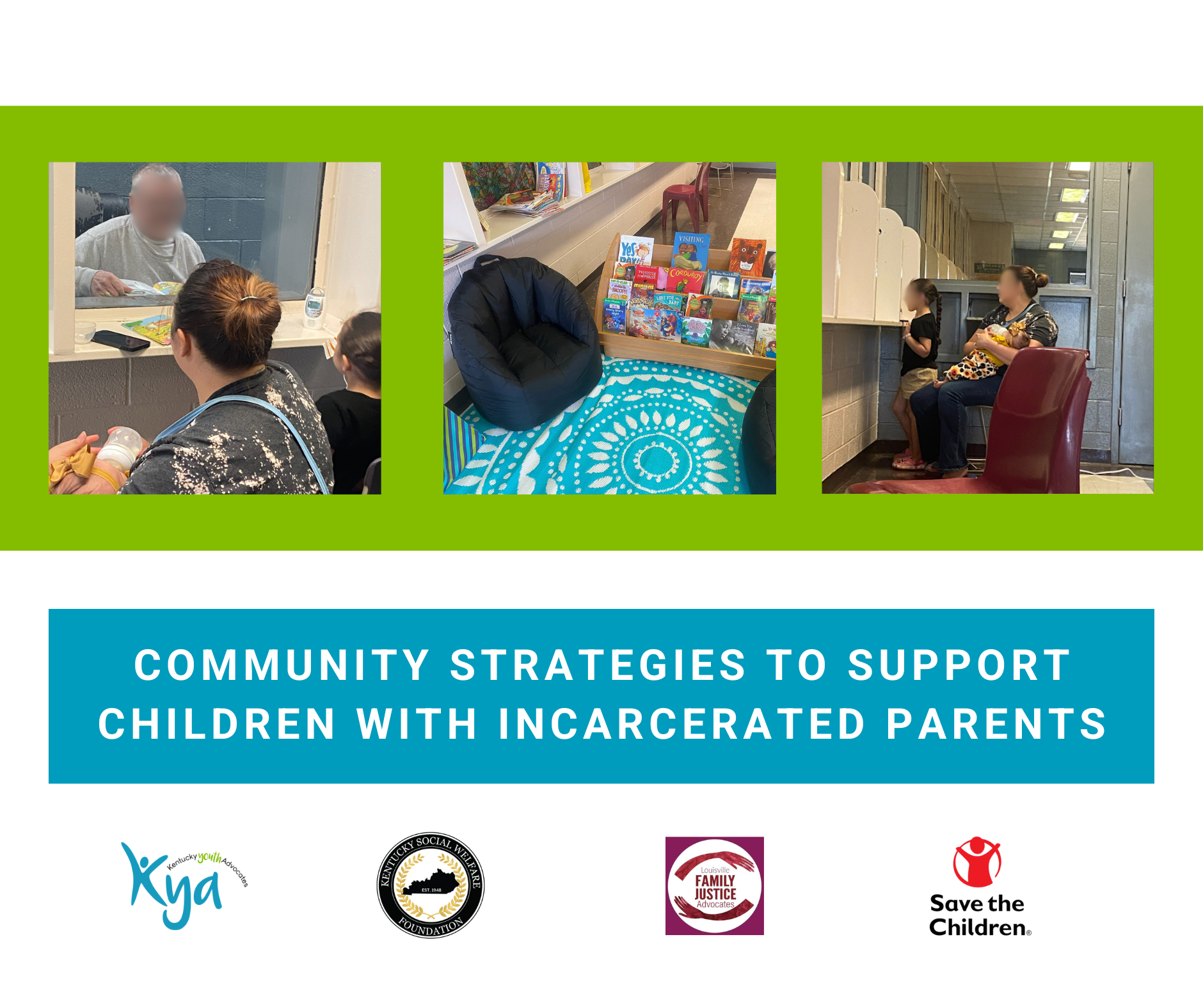Contact:
Mara Powell
mpowell@kyyouth.org
Statement from Dr. Terry Brooks, executive director of Kentucky Youth Advocates
LOUISVILLE, KY – Kentucky students need learning environments that are safe and nurturing. Today, youth and advocates across the Commonwealth are feeling hopeful as the Kentucky Board of Education took steps toward that imperative by voting to limit the use of corporal punishment in all public schools.
The Kentucky Department of Education had recently approved draft regulations for the state’s school board to consider on the use of corporal punishment in schools, citing the practice’s incompatibility with a less punitive approach to school discipline. KBE’s final approval of this regulation promotes the trauma-informed approach set forth for schools in Kentucky’s 2019 School Safety and Resiliency Act.
While incidences of corporal punishment, which is the deliberate infliction of physical pain as punishment for student misbehavior (i.e. paddling), have been declining in recent years, for children in schools that use corporal punishment, the classroom can become an environment that instills fear, anxiety, and distrust. It reinforces using physical aggression as a way to address unwanted behavior and creates a threatening atmosphere that permeates school culture, which can lead to immediate and long-lasting impacts on the child’s physical and mental health, behavior, and educational outcomes.
Corporal punishment is not how we build resilient students; a trauma-informed approach to school discipline instead emphasizes building positive relationships with students so that incidents of misbehavior can be used as opportunities for reflection and growth.
The new regulation requires schools that still choose to permit corporal punishment to require a student’s legal guardians to provide written consent within the first five days of the school year if the guardian wishes to allow corporal punishment to be used as a behavior intervention for their child. Before administering corporal punishment, the school must receive an additional affirmative verbal consent. It then requires that the student receives a minimum of 30 minutes of counseling provided by a qualified mental health professional. The regulation also smartly exempts the use of corporal punishment for students with an Individual Education Plan (IEP), 504 plan, and those who are classified as homeless or are in foster care.
While this decision by KBE is not an outright ban on the archaic practice of corporal punishment in schools, it is an important step in building more trauma-informed learning environments and protecting Kentucky’s public school students from physical punishment.
We applaud KDE Commissioner Jason Glass, KBE Chair Lu Young, and the entire board for their thoughtful consideration of this critical child safety measure. We now hope that every local school board adopts the policy to explicitly prohibit the use of corporal punishment in their district.
###
About Kentucky Youth Advocates
Kentucky Youth Advocates believes all children deserve to be safe, healthy, and secure. As THE independent voice for Kentucky’s children, we work to ensure policymakers create investments and policies that are good for children. Learn more at www.kyyouth.org.






Leave A Comment